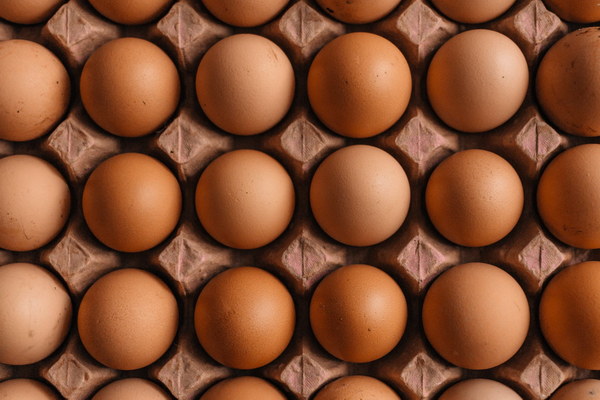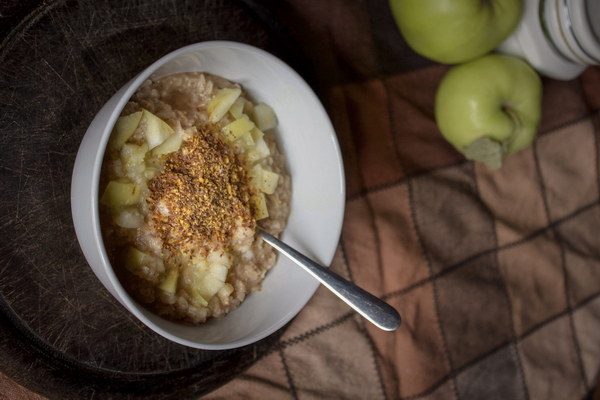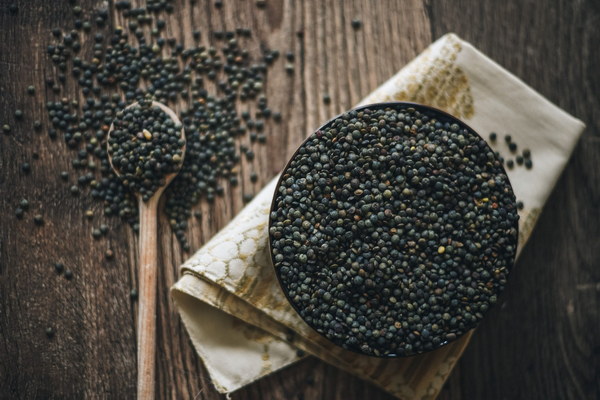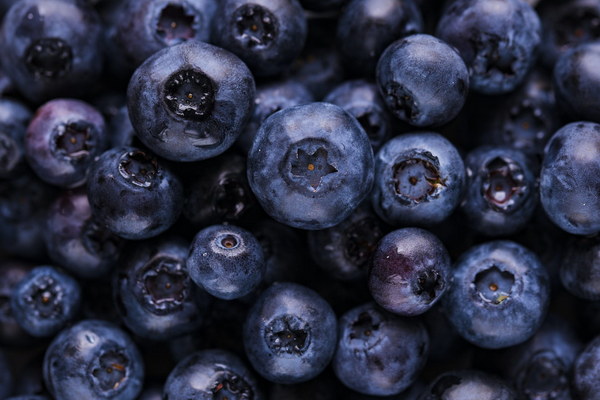Natural Remedies and Dietary Tips for Chronic Headaches
Introduction:
Chronic headaches can be a frustrating and debilitating condition that affects millions of people worldwide. While medication can sometimes provide relief, many individuals are turning to natural remedies and dietary adjustments to manage their symptoms. In this article, we will explore various food-based treatments and dietary tips that may help alleviate the pain and frequency of chronic headaches.
1. Hydration:
Dehydration is a common trigger for headaches. Ensuring you drink plenty of water throughout the day can help prevent headaches. Aim for at least eight glasses of water daily, and increase your intake if you are exercising, sweating, or living in a hot climate.
2. Magnesium:
Magnesium is a mineral that plays a crucial role in muscle and nerve function. It has been shown to reduce the frequency and severity of headaches. Foods rich in magnesium include almonds, cashews, Brazil nuts, whole grains, legumes, and dark leafy greens. Consider taking a magnesium supplement if you are unable to consume enough magnesium-rich foods.
3. Vitamin B2 (Riboflavin):

Vitamin B2 has been found to reduce the frequency of headaches in some individuals. Foods high in vitamin B2 include milk, eggs, yogurt, cheese, almonds, and spinach. Including these foods in your diet may help reduce the occurrence of headaches.
4. Coenzyme Q10:
Coenzyme Q10 (CoQ10) is an antioxidant that has been shown to be effective in reducing the frequency and severity of headaches. It can be found in foods such as sardines, mackerel, and flaxseeds. Consider taking a CoQ10 supplement if you are unable to consume enough of these foods.
5. Omega-3 Fatty Acids:
Omega-3 fatty acids have anti-inflammatory properties and may help reduce the frequency of headaches. Foods rich in omega-3s include fatty fish (such as salmon, mackerel, and sardines), chia seeds, flaxseeds, and walnuts. Aim to consume these foods at least twice a week.
6. Avoid Trigger Foods:
Identifying and avoiding trigger foods can help reduce the frequency of headaches. Common headache triggers include caffeine, alcohol, processed foods, and certain food additives. Keep a food diary to identify your personal triggers and make necessary adjustments to your diet.
7. Eat Regularly:
Skipping meals can lead to low blood sugar levels, which may trigger headaches. Try to eat small, balanced meals every three to four hours to maintain a stable blood sugar level.
8. Limit Salt Intake:
High salt intake can lead to water retention and increased blood pressure, both of which can trigger headaches. Reduce your salt intake by avoiding processed foods, using herbs and spices instead of salt, and cooking your meals from scratch.
9. Manage Stress:
Stress can exacerbate headaches. Incorporating stress-reducing activities such as yoga, meditation, and deep-breathing exercises into your daily routine can help manage stress levels and reduce the frequency of headaches.
Conclusion:
While there is no one-size-fits-all solution for chronic headaches, incorporating these natural remedies and dietary tips into your lifestyle may help alleviate the pain and frequency of headaches. Remember to consult with a healthcare professional before making significant changes to your diet or starting any new supplements.




![Discover the Beauty Secrets at Yuxi Huamao Beauty Salon - Contact Us at [Phone Number]!](http://img.bluepurple.cn/a/养生/191/Discover-the-Beauty-Secrets-at-Yuxi-Huamao-Beauty-Salon-Contact-Us-at-Phone-Number.jpg)




